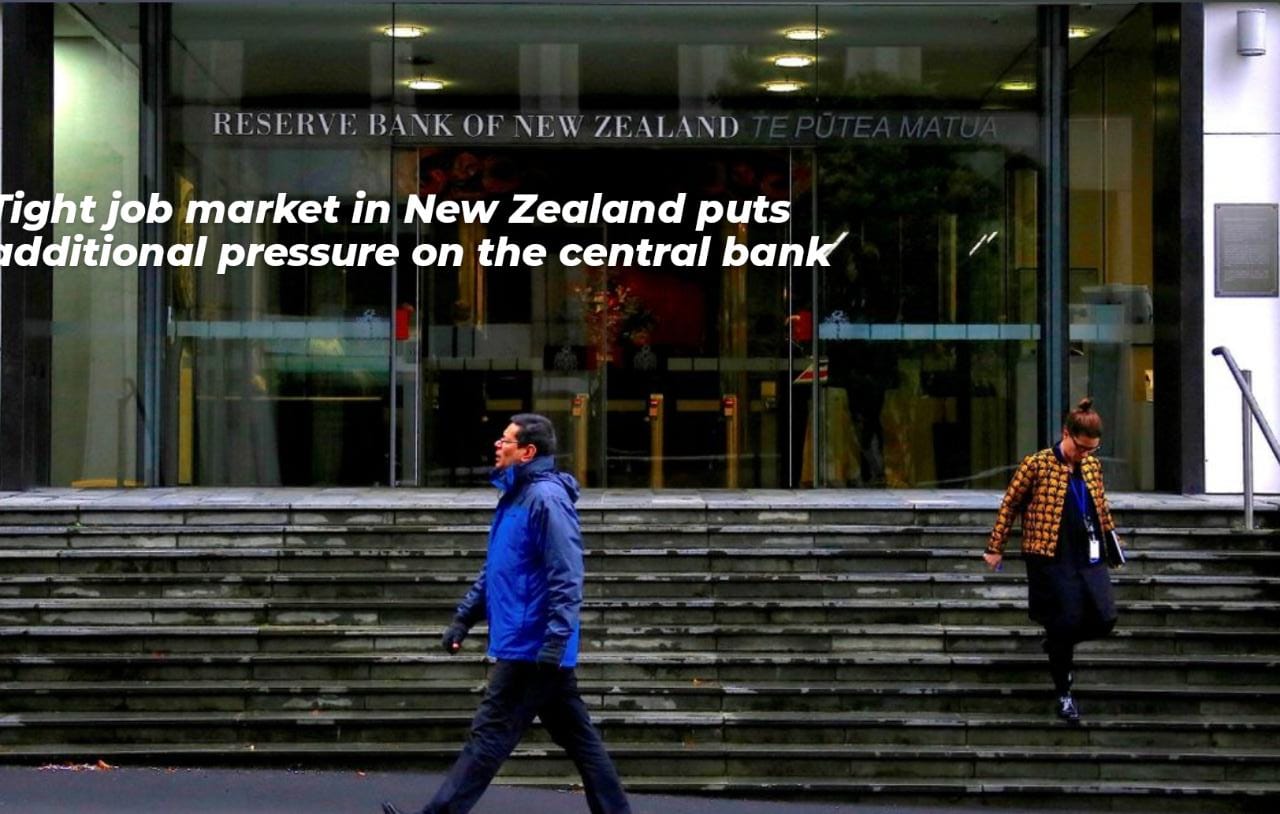
The possibility that the central bank may need to raise rates more aggressively than economists anticipate is increased by the fact that New Zealand’s unemployment rate remained just above historic lows while wage inflation hit a 14-year high.
According to Statistics New Zealand data released on Wednesday, the unemployment rate increased to 3.3 percent in the June quarter, just above the previous quarter’s historic low of 3.2 percent but slightly higher than the economists’ forecast of 3.1 percent.
The private sector labour cost index (LCI), which measures wages, rose 3.4 percent year over year in the third quarter, exceeding the forecasted 3.3 percent increase. Its biggest increase since 2008 was this one.
Business employment insights manager Sue Chapman added in a statement that ‘nearly two-thirds of roles surveyed in the LCI saw an increase in ordinary time wage rates in the year ended June 2022 – the highest level since the series began in 1993.’
The majority of economists anticipate that the Reserve Bank of New Zealand (RBNZ) will increase interest rates by 50 basis points later this month, and that higher-than-anticipated wage inflation will lead to expectations of further rate increases.
The labour market is likely to continue to be a driver of persistently high inflation over the coming year, according to ANZ Bank.
‘The possibility of a wage price spiral is unquestionably still present. As a result, the RBNZ should continue on course to raise the OCR (official cash rate) to 4% by the end of the year as per our forecast ecasts,’ it continued.

Post Your Comments